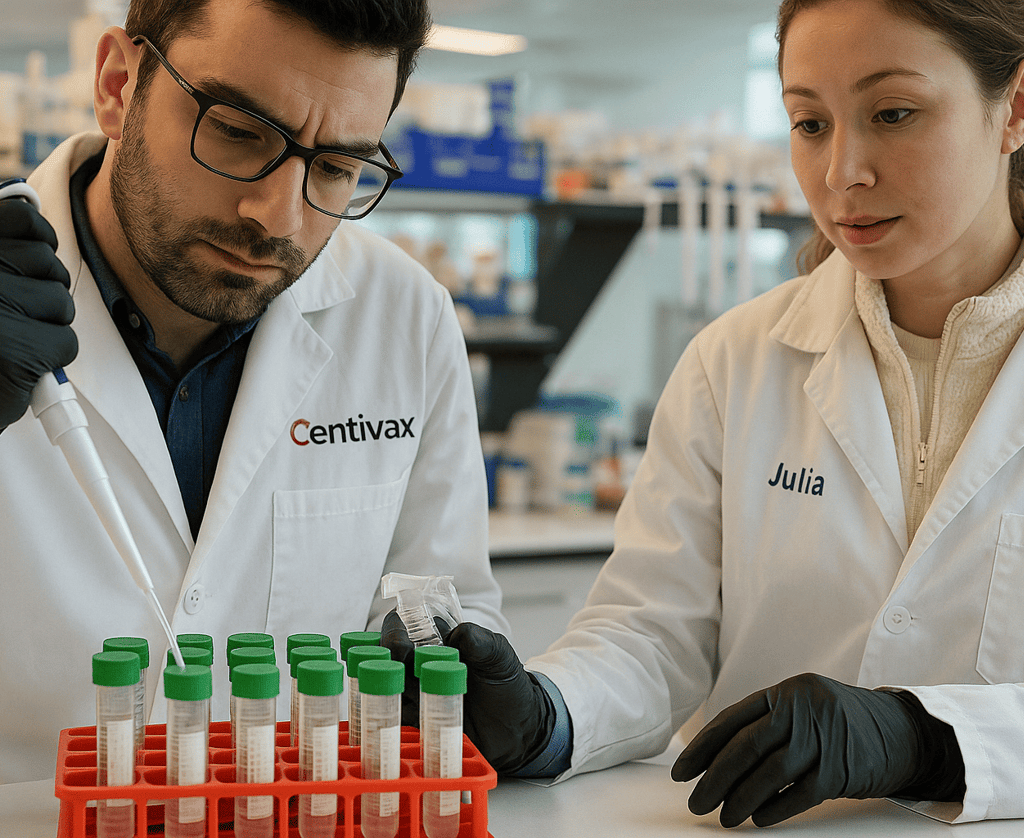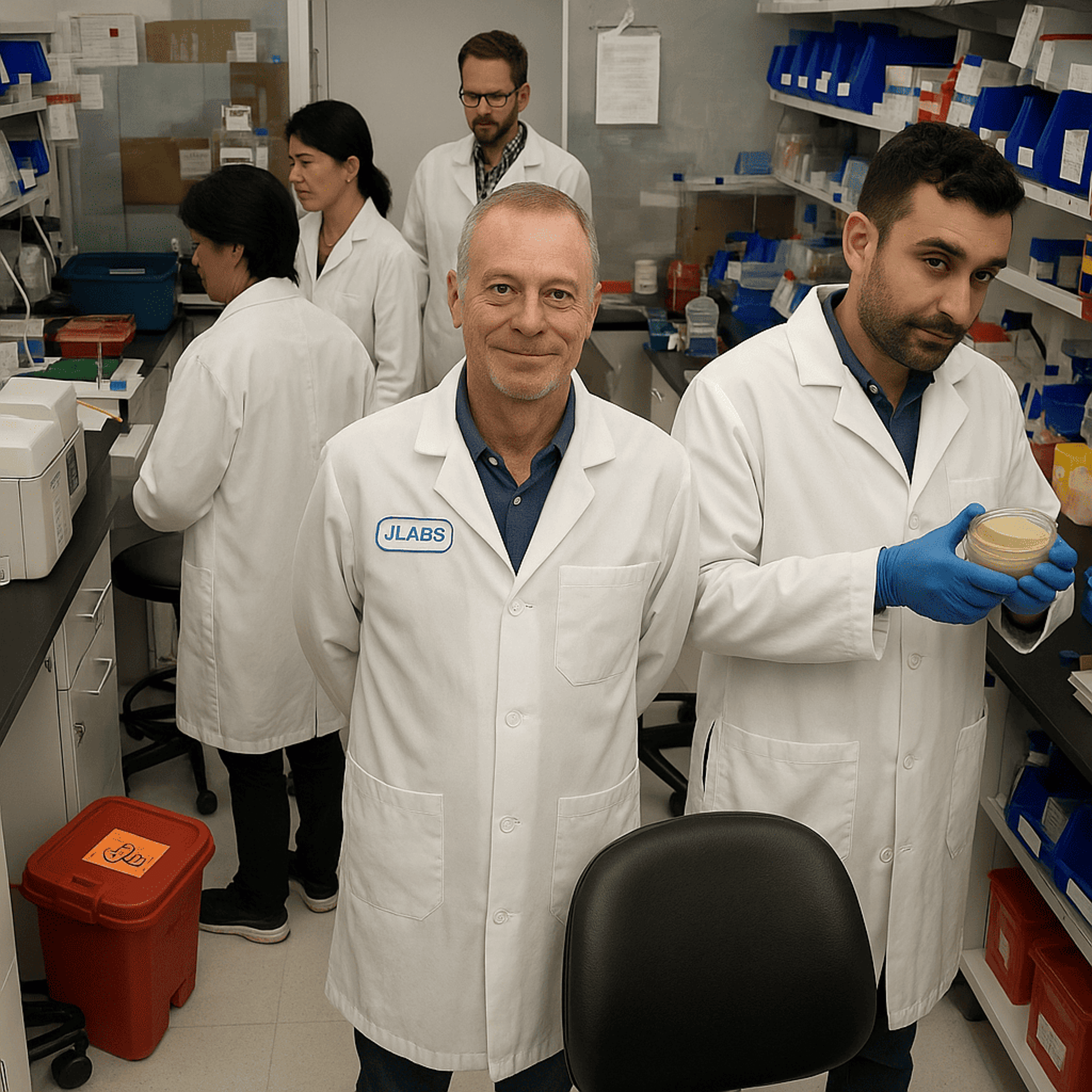
Incredible Snake Antivenom Created from Man Bitten Over 200 Times
Discover the incredible story of Tim Friede, a man who endured over 200 snakebites to create a revolutionary universal antivenom. His groundbreaking journey could save thousands of lives worldwide by protecting against deadly venom from multiple snake species.
Sandeep Gawdiya
5/3/20254 min read


Imagine intentionally injecting yourself with deadly snake venom—not once, not twice, but over 200 times. It sounds unbelievable, yet that's exactly what Tim Friede, an American man from California, has done for nearly two decades. His astonishing and risky experiment might soon revolutionize medical science by providing a groundbreaking universal snake antivenom.
A Daring Experiment: Surviving Over 200 Snakebites
Tim Friede is no ordinary snake enthusiast. Over an 18-year period, beginning in 2001, Friede willingly subjected himself to more than 200 snakebites and approximately 700 venom injections from some of the world's most dangerous snakes. These species included lethal cobras, mambas, taipans, and kraits, all notorious for their highly potent venom.
Initially, Friede’s self-experiments were aimed at building immunity so he could safely handle venomous snakes. His exploits were documented extensively on his YouTube channel, drawing attention for both their daring nature and educational value. But not everything went smoothly. Early in his journey, two cobra bites in quick succession landed him in a coma, underscoring the enormous risks he faced.
Despite these close calls, Friede's motivation evolved into a mission of humanitarian significance. He realized his extraordinary immunity could help others facing life-threatening snakebites worldwide.
“I didn't want to die. I didn't want to lose a finger. I didn't want to miss work,” Friede told the BBC, recalling the dangers he faced. "But then it became a lifestyle, pushing hard for people thousands of miles away who suffer from snakebites."
The Discovery: Unparalleled Universal Antivenom
Friede’s years of venom exposure led to the development of highly unique antibodies in his blood. These antibodies have now captured the attention of scientists who believe they could be key to creating a universal antivenom, offering protection against multiple snake species with a single treatment.
Currently, antivenoms must closely match specific snake venoms. A venomous snakebite victim needs the exact antivenom designed for that particular species, complicating quick and effective treatment. For instance, antivenom made from Indian snakes might not effectively neutralize venom from the same species in Thailand due to subtle regional variations.
This makes Friede’s blood an unprecedented resource. Immunologist Dr. Jacob Glanville, CEO of biotechnology firm Centivax, discovered Friede's story in 2017 and immediately recognized its groundbreaking potential.
"If anybody had developed broadly neutralizing antibodies, it would be him," said Glanville. During their first conversation, Glanville candidly requested, “I’d love to get my hands on some of your blood,” to which Friede enthusiastically responded, "Finally, I've been waiting for this call."
Creating the Antivenom Cocktail
Researchers, including Dr. Glanville and Prof. Peter Kwong from Columbia University, carefully examined Friede’s blood samples. They identified two broadly neutralizing antibodies capable of targeting and neutralizing multiple classes of neurotoxins—substances snakes use to paralyze and kill their prey.
The research focused particularly on elapids, one of the two main families of venomous snakes. This family includes deadly species like mambas, cobras, taipans, kraits, and coral snakes. These snakes primarily use neurotoxins, which disrupt the nervous system and cause rapid paralysis, often resulting in death by respiratory failure.
In their groundbreaking experiments, the scientists combined the two antibodies from Friede’s blood with an additional drug targeting a third class of neurotoxin, creating a potent antivenom cocktail. This cocktail was tested on mice exposed to fatal venom doses from 19 of the world's most dangerous snakes, as classified by the World Health Organization.
The results were remarkable. The cocktail provided complete protection from fatal venom doses for 13 of the 19 snake species tested, and partial protection for the remaining six. According to Dr. Glanville, this level of broad-spectrum protection is "unparalleled" and marks a significant advancement in antivenom research.
Why This Matters: Global Impact of Snakebites
Snakebites are a major global health crisis, killing approximately 140,000 people each year. Many more suffer severe injuries, leading to permanent disabilities and amputations. Regions with limited access to medical resources are disproportionately affected, making rapid and effective treatment critical.
A universal antivenom like the one inspired by Friede’s blood could significantly reduce deaths and injuries from snakebites. It could simplify treatment logistics in rural and remote areas where quickly identifying snake species and obtaining the correct antivenom is difficult or impossible.
Next Steps: Refining the Antivenom
While initial results are extremely promising, the antivenom cocktail developed from Friede’s antibodies has not yet been tested in humans. Researchers are now refining the antibodies further, aiming to expand the protection to include more venom types, particularly from vipers. Vipers primarily use hemotoxins, which affect blood coagulation and cause severe bleeding.
"Within the next decade or so, we believe we'll develop effective treatments against each major class of snake venom toxin," said Prof. Kwong. Researchers continue examining Friede’s blood samples for additional protective antibodies, hoping to further broaden the antivenom's effectiveness.
Human Antibodies: Reducing Side Effects
Current antivenoms typically derive antibodies from animals such as horses. These animal-based antibodies, while life-saving, often carry risks of allergic reactions and other side effects. Researchers believe antibodies of human origin, like Friede’s, may significantly reduce these risks.
"Tim’s antibodies are extraordinary. He trained his immune system to recognize a broad range of venoms," said Prof. Kwong, highlighting the uniqueness of Friede’s biological response.
Tim Friede’s Continued Contribution
Tim Friede stopped injecting venom in 2018 after several dangerous encounters nearly cost him his life. However, his commitment to the cause remains steadfast. Now employed by Centivax, he actively contributes to the ongoing research.
"I'm proud of what I've done," Friede said. "Doing something good for humanity was always important to me, and this is pretty cool."
Experts Weigh In: A Major Medical Milestone
The scientific community recognizes the significance of these findings. Prof. Nick Casewell, head of the Centre for Snakebite Research and Interventions at the Liverpool School of Tropical Medicine, described the breadth of protection demonstrated in the study as "certainly novel."
"This research moves the field forward in an exciting direction," Casewell noted. However, he emphasized that considerable work remains before the antivenom can be widely available for human use, requiring extensive clinical testing and refinement.
A Future of Hope
Thanks to Friede’s unique antibodies, scientists are closer than ever to developing a universal antivenom. This potential medical breakthrough promises hope for millions of people living in snakebite-prone regions worldwide, potentially transforming snakebite treatment forever.
Friede’s daring journey—once considered extreme and dangerous—now stands as a pioneering act of courage and humanity. His personal sacrifice may soon yield life-saving treatments, turning a risky experiment into one of the most significant medical advances in modern history.

Updates
Delivering timely news and inspiring life stories.
Links
Contact
+917976343438
© 2025. All rights reserved.
